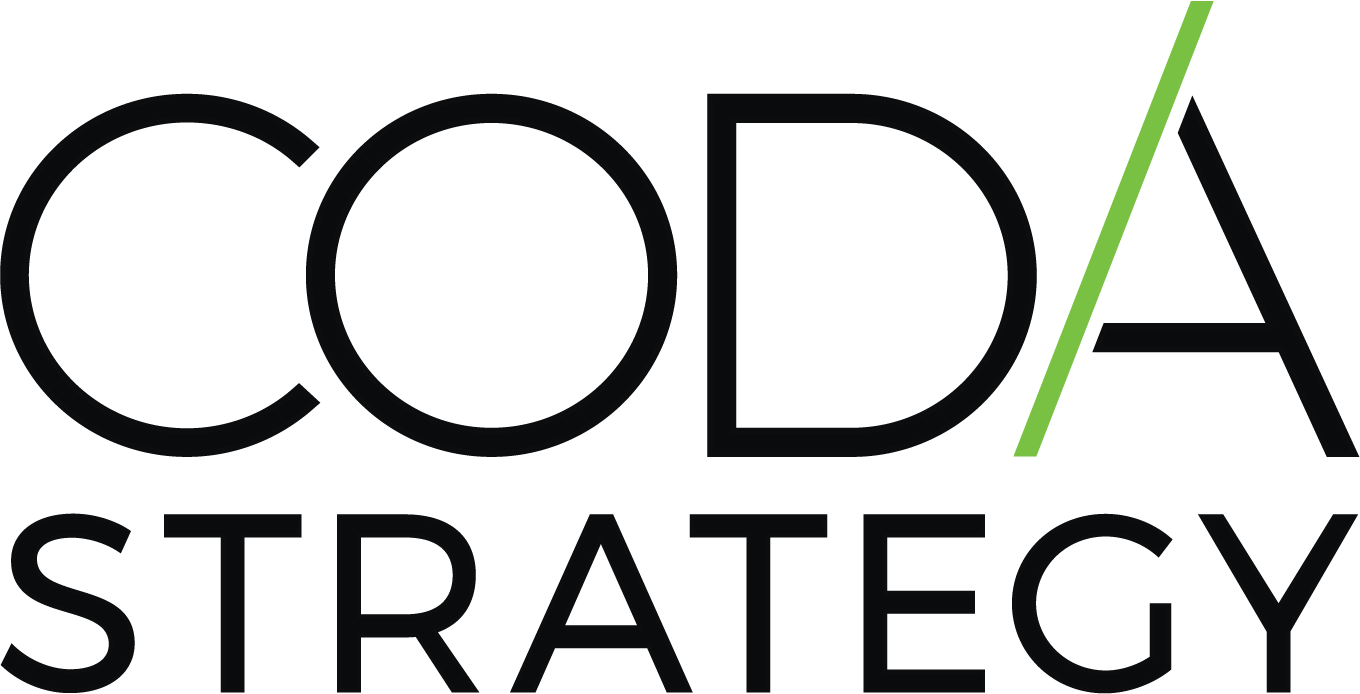
When Achim Welter, Senior Director for ERP and IT Strategy at The Hershey Company, was planning a strategic initiative to explore opportunities for Digital Transformation, he decided to seek external assistance. A former leader at Accenture, he was well-versed in how to procure services from traditional consulting firms and how to drive consulting engagements to success.
However, this time, Welter decided to engage an independent consultant instead.
“An independent consultant is best suited for an initiative that requires a single individual with a specific skill set, one who can integrate quickly and easily with the rest of the team,” says Welter. “Additional benefits compared to a traditional consulting firm include the cost of the consultant and a simplified procurement process.”
Traditionally, companies have relied on large consulting firms to help with their most challenging technical problems. Over the decades, the large strategy firms (such as McKinsey, Bain, and BCG) and the large systems integrators (such as Accenture, Deloitte, PwC, EY, and KPMG), have grown in prestige and size, as they expanded their capabilities and industry footprint.
The traditional consulting model has remained unchanged during this time. Experienced senior leaders with strong relationships guide teams of smart, talented employees who learn from their leaders how to solve clients’ most challenging problems.

However, this model can leave some clients feeling overserved.
Second, cost pressures, especially during economic downturns, have led companies to look for cost-effective alternatives where possible.
Third, sometimes a well-defined problem requires just one expert rather than a team of smart generalists.
As a result, leaders have begun to explore substitutes for traditional consulting services. Following the rise of the gig economy, a class of independent consultants aims to fill that gap with on-demand expertise. They include alumni of consulting firms, former industry veterans, and retired CIOs and CDOs looking for interim roles.
In 2013, Clayton Christensen and his colleagues remarked that consulting was on the cusp of disruption. As the pioneer of the concept of “disruptive innovation,” Christensen believed that disruption could come for the management consulting industry.
The premise is simple. Some problems are well-defined. The scope of solutions is clear. Why pay for a marquee brand, the thinking goes, when you can access an independent expert at a fraction of the price? You can obtain similar results from independent experts.
For example, initiatives like building a new data governance model and defining an enterprise architecture can be challenging. But they are also well-defined. There are experts who have solved those problems before. Similarly, a digital transformation program requires multiple talented individuals, but a single digital strategy consultant could help start the initiative.
Broadly, we can classify independent consulting into three categories:
- Deliverables-based project work - such as evaluating existing data governance practices, selecting a vendor for a new data capability, or qualifying opportunities to implement AI
- Staff augmentation - such as a solution architect who offers design guidance to developers or a specialized machine learning engineer who helps a data science team implement a new model
- Interim and fractional executives - such as backfilling for an unexpected departure, providing an interim CIO during a private equity carve-out, or offering data leadership for a rapidly growing firm without a full-time CDO
Consulting firms can and do offer the same set of services. However, it’s important to remember that independent experts do not compete with large firms directly. Instead, they offer a substitute product to traditional consulting firms.
Now, The challenge facing both independent experts and clients is, of course, how to make an initial trusted connection. Historically, with limited abilities for marketing and outreach, independent consultancies relied on word of mouth and client referrals. More recently, email campaign automation platforms like HubSpot and social media platforms like LinkedIn have helped independents expand outreach.
However, the burden is still on clients to vet prospective experts. In addition, there was never a mechanism for clients to reach out to independents proactively.
One class of companies that have risen to meet this challenge is the independent consulting networks. Powered by a blend of technology and personal relationships, they aspire to challenge the status quo of the consulting world by offering companies and hiring managers an easier way to engage independent consultants.
An independent consulting network is an exchange platform that connects two categories of individuals. For example, exchange platforms like eBay and Etsy connect buyers and sellers of products, while Airbnb and Uber make connections for services.
In this case, the two categories are:
- Hiring managers: Individuals at firms looking for talent to address a problem, and
- Independent experts: Individuals with expertise looking for a problem to address
Companies such as Business Talent Group, Catalant, and Umbrex in the United States, or Eden McCallum and Malt in Europe, offer marketplaces where hiring managers can advertise their challenges and connect with experts to address those challenges.

According to Will Bachman, managing partner of Umbrex, it depends on the reasons for engaging outside assistance.
“The best three reasons to engage a traditional consulting firm: you need the credibility of a global brand on the deliverable; you’ve got a large-scale project that requires a team of four or more consultants; or the project requires a proprietary data set owned by the firm,” says Bachman. In contrast, “The best three reasons to engage an independent consultant: you want the professional to integrate more tightly with your team, you’d like the consultant who sells the work to be the one who does the work, or you’d like to save 50+% off the rates of a traditional firm.”
In the end, as businesses’ data challenges evolve, many leaders now look to independent consultants for data expertise. However, independent consultants are far from a true disruptive threat to the consulting market.
The larger firms have avoided disruption by remaining responsive to an always-changing business environment. Their underlying business models have proved to be remarkably resilient.
“Key reasons to engage a traditional consulting firm are when the initiative requires a larger integrated team across multiple locations or a deep relationship between the consulting firm and software vendor,” explains Welter.
On the other hand, consulting’s disruption may happen when we least expect it. "More likely than not, alarms won’t sound until it’s already too late in the game," warned Christensen. As a result, traditional firms stay vigilant by adapting. For example, many traditional firms now leverage independent consulting networks to acquire niche technical skills on demand for specific client engagements.
As for independent consultants, disrupting the industry remains a peripheral focus. The main goal is still to provide a substitute for traditional consulting that offers the right combination of expertise, cost, and teamwork for a company’s technical challenges.
Post a comment Cancel reply
Related Posts
Why Houston Is the Perfect City for School, Business, and Family
You’re looking to get a world-class education, start a business, and provide a healthy living…
How to Navigate Life in the Independent Consulting Networks
Is independent consulting a blip on the radar, or is it poised to grow? The…
Better Self-Care on the Road to Personal Growth
In life, things have to change if we want to grow and be our best.…
How to Build a Talented Team of Freelancers for Your Business
A team of freelancers offers many advantages. In today’s world where businesses are all about…





